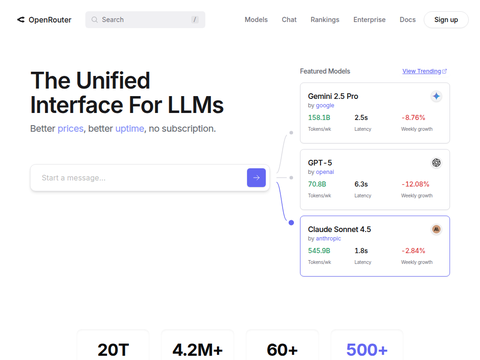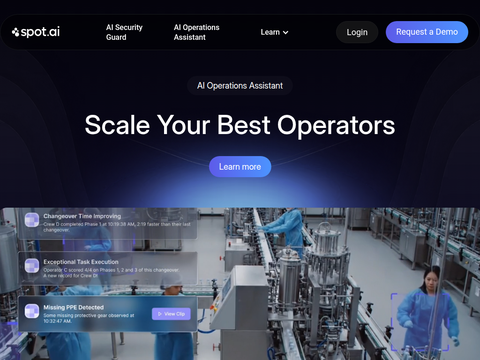Recently, Google DeepMind has unveiled GenCast, a high-resolution AI-based weather forecasting model. This model surpasses traditional methods in both speed and accuracy, indicating that artificial intelligence will bring fundamental changes to the planning of daily weather and extreme events.
GenCast is an AI integrated model with a resolution of 0.25°, outperforming the European Centre for Medium-Range Weather Forecasts (ECMWF) ENS system in weather and extreme event predictions. Utilizing probabilistic forecasting techniques, it can predict multiple weather scenarios and provide reliable forecasts up to 15 days ahead. Additionally, Google DeepMind plans to make GenCast’s code, weights, and forecasting data available to the global weather forecasting community to support related research.
Weather significantly impacts daily life and key industries such as agriculture and renewable energy. Traditional forecasting methods rely on supercomputers, which are time-consuming and can only provide single-scenario predictions. In contrast, GenCast can complete forecasts on a single TPU chip within eight minutes while offering a range of potential weather outcomes. This shift not only enhances forecast reliability but also drastically reduces prediction time.
Technologically, GenCast represents a major breakthrough in applying machine learning to weather forecasting. Unlike DeepMind’s previous deterministic model, GraphCast, GenCast employs a probabilistic ensemble approach, running fifty or more simulations to illustrate the range of possible weather conditions. This method is particularly effective in predicting extreme weather events such as heatwaves, cold snaps, and tropical cyclones.
In testing, GenCast outperformed the widely used ECMWF ENS system in 97.2% of 1,320 forecast scenarios. For long-range forecasts exceeding 36 hours, its accuracy was superior to ENS in 99.8% of tests, particularly excelling in predicting the paths of tropical cyclones.
Beyond weather forecasting, GenCast’s innovations are expected to play a crucial role in renewable energy planning, such as providing more accurate wind power predictions. This would stabilize renewable energy supply, making it a more reliable component of the energy mix. Google DeepMind has decided to open-source GenCast and plans to release its model code, weights, and forecasting data.
The introduction of GenCast sets a new benchmark for weather forecasting, and Google DeepMind’s open-source strategy could accelerate innovation in the global weather forecasting domain. As climate change leads to more frequent extreme weather events, tools like GenCast will become increasingly important in helping communities tackle weather-related challenges.








